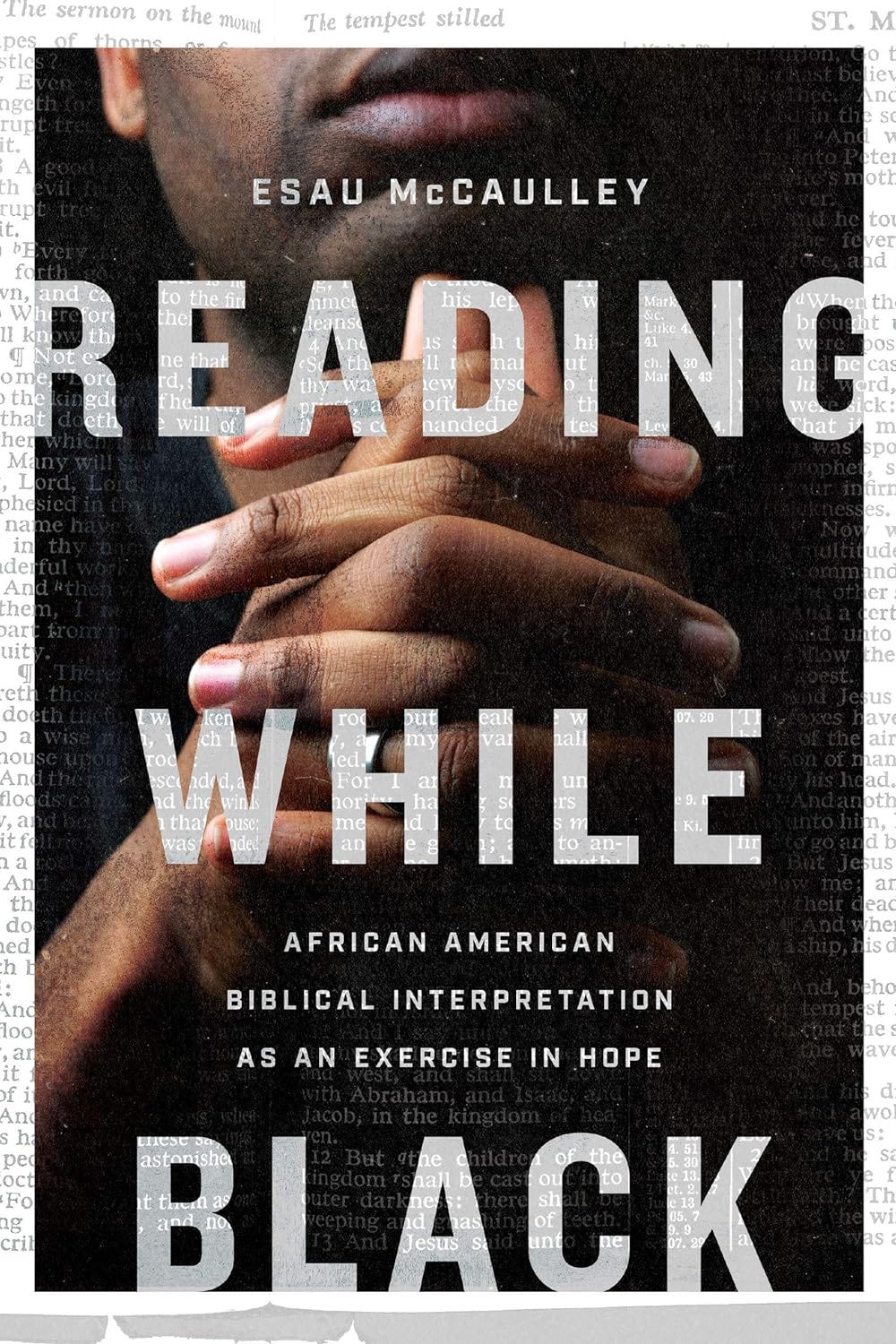In the previous post, I grappled with the most problematic aspect of Reading While Black as I understand it. It is the most problematic not because it touches a cultural nerve—though it does that—but because it is methodologically central to McCaulley’s argument. In the final post of the series, I offer some smaller-scale critiques and conclude with appreciation for my favorite dimensions of the book.
Keep reading with a 7-day free trial
Subscribe to Theology on the Way to keep reading this post and get 7 days of free access to the full post archives.





